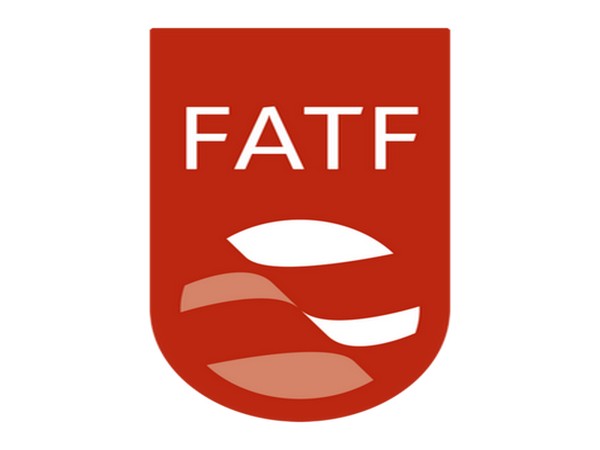
FATF Keeps Pakistan In The Grey Area
Sat, 26 Jun 2021 | Reading Time: 6 minutes

FATF Keeps Pakistan In The Grey Area
Sushant Sareen
Pakistan’s action and reaction, before and after every plenary of Financial Action Task Force (FATF) or its affiliated bodies has now become almost a sort of ritual. On the eve of the meeting, Pakistani officials go into a publicity overdrive about how much they have done to meet the high-level commitments they gave FATF in 2018, and express confidence that they will be out of the ‘Grey List’ (or the ‘increased monitoring’ list). The embedded media parrots the official line. The idea is to create pressure on FATF and influence its proceedings. But either the Pakistanis don’t know how the FATF works or they think that their propaganda ploy will at the very least make them out to be ‘victims of an international conspiracy’, in the eyes of their own people and bail out the government.
The FATF is of course not impressed with Pakistani antics and evaluates Pakistan on objective criteria, which is laid out in great detail. But just like most Pakistanis have never read the UN Security Council resolutions on Kashmir, which they keep referring to ad nauseam, almost none of them have bothered to read, much less understand, the FATF reports. As a result, when the FATF announces that Pakistan will stay in the grey list, there is the usual recourse to playing victim and blaming it on Indian lobby or American perfidy. Last couple of times, ministers in the ‘selected’ regime of Imran Khan have actually congratulated themselves that Pakistan is on the grey list and has not been relegated to the ‘black list’. Clearly for these people, grey is the new white.
The latest FATF plenary followed the familiar pattern in Pakistan. But this time the heartburn was more than normal. While the FATF accepted that Pakistan had completed 26 out of the 27 items on the ‘action plan’ that had been presented by Islamabad in 2018 to FATF, it retained Pakistan on the ‘grey list’. The FATF demanded that Pakistan address the one remaining Countering Financing of Terrorism (CFT) action point – “demonstrating that TF investigations and prosecutions target senior leaders and commanders of UN designated terrorist groups”. This is not going to be easy because while Pakistan has managed to take some eyewash action against the Lashkar-e-Taiba leadership – people like Hafiz Saeed, Abdul Rehman Makki, Zafar Iqbal, Yahya Mujahid and a number of others have been tried and convicted for various jail terms – it will now be required to act against the Jaish-e-Mohammad leader and organisation.
While the LeT is an obedient auxiliary of the Pakistani deep state, the JeM is a somewhat mercurial partner of the ISI in terrorism. Unlike the LeT which has often scaled down its operations, when the interests of the Pakistani state demanded it, the JeM has been more unpredictable. After the Pakistani military ruler Pervez Musharraf dumped the Taliban (only tactically, as it turns out) and went with the Americans, the JeM cadre revolted. Not only did they try to assassinate Musharraf, but they also conducted attacks against the military. What is more, many of them retained their links with the Al Qaeda and the Taliban and some of the Punjabi Taliban emerged from the ranks of the JeM.
At a time when the Afghan Taliban are on the ascendant in Afghanistan, the JeM will have the ‘strategic depth’ to defy the Pakistan army and state if it tries to rein it in, or arrest its leaders and cadres and impound its assets and properties. Until now, the Pakistanis have refrained from taking even any cosmetic action against the JeM, its go-to jihadist partner for exporting terrorism in Jammu and Kashmir and other parts of India. Clearly, the FATF insistence on investigating and prosecuting leaders and commanders of UN designated terror groups will mean that Pakistan will be forced to move against Masood Azhar, his brothers and other despicables in his outfit.
The FATF statement released on June 25, recognised “Pakistan’s progress and efforts to address these CFT action plan items and notes that since February 2021, Pakistan has made progress to complete two of the three remaining action items on demonstrating that effective, proportionate and dissuasive sanctions are imposed for TF convictions and that Pakistan’s targeted financial sanctions regime was being used effectively to targeted terrorist assets”. This is the outcome of the sudden alacrity which Pakistan demonstrated earlier this year, when a spate of cases were filed against top LeT leaders, financiers and commanders, trials conducted and convictions secured in a matter of weeks, sometimes even days. Amazingly, there was no protest, much less resistance or retaliation, from the LeT cadre. It was almost as if it did not exist anymore.
Some reports in the Urdu press revealed that LeT cadres had been told to lie low and let the FATF storm blow over. Most interestingly, there have been no reports about these terrorists even appealing their sentences. Strange, isn’t it? Almost as though it is all choreographed.
That Hafiz Saeed and others are probably jailed only on paper and actually stay in the comfort of their houses, with their wives, concubines and kids, was hinted at recently when a bomb exploded near Saeed’s residence. A former General, Amjad Shoiab, who has been designated by the ISPR as an officially approved unofficial spokesman of all things military and security, revealed that Saeed was living in his house (it is not clear if he was present in his house) at the time of the attack. Therefore, while Pakistan seems to have convinced the FATF of its action against the LeT cadre, the reality of the action is quite murky. Perhaps, the insistence on action against JeM will lead to the unravelling of the Pakistani attempts to throw dust in the eyes of the FATF.
What will probably really shake up the Pakistanis is that the FATF has now added an additional 6-point action plan to the existing 27-point action plan. Most Pakistanis believe that the FATF is shifting the goalpost and trying to ensure that the sword hanging over Pakistan’s head remains there. What the Pakistanis don’t get is that the FATF decisions are made on objective criteria. And Pakistan’s failure to exit from the ‘grey list’ is primarily because it failed to fulfil the objective criteria that it itself agreed to and gave a ‘high-level political commitment’ to implement.
But it is also undeniable that there is some politics to what is happening to Pakistan in FATF. The thing is that this politics is primarily the outcome of other countries becoming wise to the double-games and shenanigans of the Pakistanis.
In other words, no one trusts the Pakistanis and therefore they want to ensure that there is no room for Pakistan to wriggle out of the commitments it has given. This lack of trust on Pakistan is also why no one is ready to cut any slack for Pakistan, despite Islamabad having delivered substantially on its commitments, on paper at least.
The question is whether Pakistan is likely to come out of the ‘grey list’, perhaps a few months down the line? Three things are likely to ensure that it is unlikely. First, the West, especially the US, has realised that FATF is a potent tool to force Pakistan to ‘do more, much more than all the exhortations by US officials asking Islamabad or Rawalpindi to ‘do more’; second, the FATF working and decision making is somewhat opaque. The FATF also discourages members from leaking deliberations to the media – something Pakistan realised to its great discomfort when its then foreign minister Khawaja Asif, shot his mouth off to Pakistani TV channels that Pakistan had escaped grey-listing.
Decisions are believed to be taken by consensus, and consensus means that if two or three members don’t agree to something, it doesn’t go through. This means that a couple of countries getting together can not only prevent the ‘grey’ or ‘black’ listing of a country, but also its upgrading to the ‘white’ list. This means India with a couple of friendly countries can obstruct Pakistan getting out of the grey-list. But this will depend on the geo-politics at that time; Finally, it will all depend on whether or not Pakistan delivers on what is being asked of it. And that is going to be the real problem for Pakistan.
***********
Disclaimer: The opinions expressed within this article are the personal opinions of the author. Chanakyaforum.com is not responsible for the accuracy, completeness, suitability, or validity of any information on this article. All information is provided on an as-is basis. The information, facts or opinions appearing in the article do not reflect the views of chanakyaforum.com and it does not assume any responsibility or liability for the same.
Author

Sushant Sareen is Senior Fellow, Observer Research Foundation and Consultant Editor, Chanakya Forum. He is an expert on Pakistan and Terrorism, his published works include Balochistan: Forgotten War, Forsaken People (2017), Corridor Calculus: China-Pakistan Economic Corridor & China’s Comprador model of investment in Pakistan (2016).
Disclaimer
The opinions expressed in this article are the author’s own and do not reflect the views of Chanakya Forum. All information provided in this article including timeliness, completeness, accuracy, suitability or validity of information referenced therein, is the sole responsibility of the author. www.chanakyaforum.com does not assume any responsibility for the same.
Chanakya Forum is now on . Click here to join our channel (@ChanakyaForum) and stay updated with the latest headlines and articles.
Important
We work round the clock to bring you the finest articles and updates from around the world. There is a team that works tirelessly to ensure that you have a seamless reading experience. But all this costs money. Please support us so that we keep doing what we do best. Happy Reading
Support Us









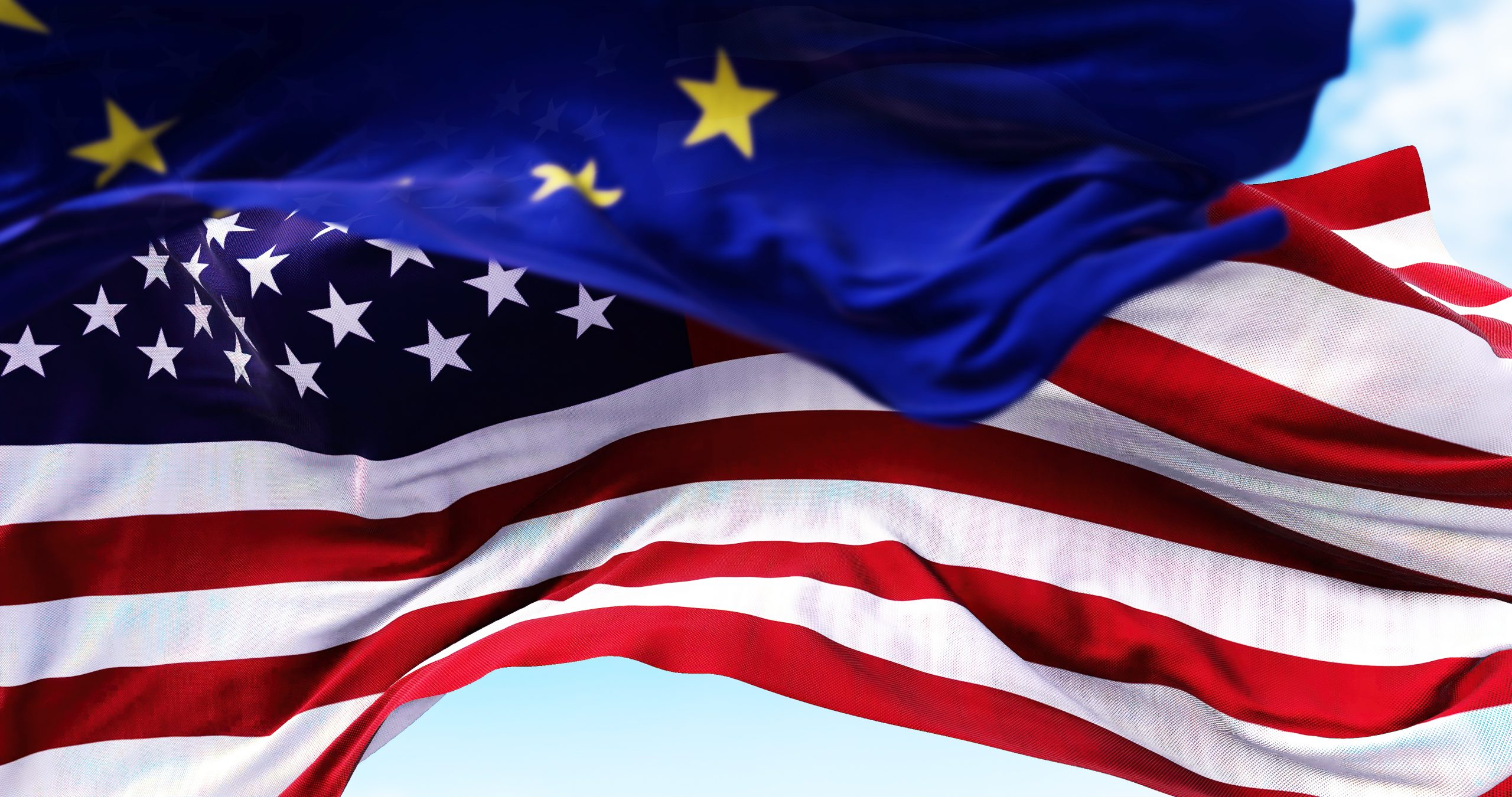
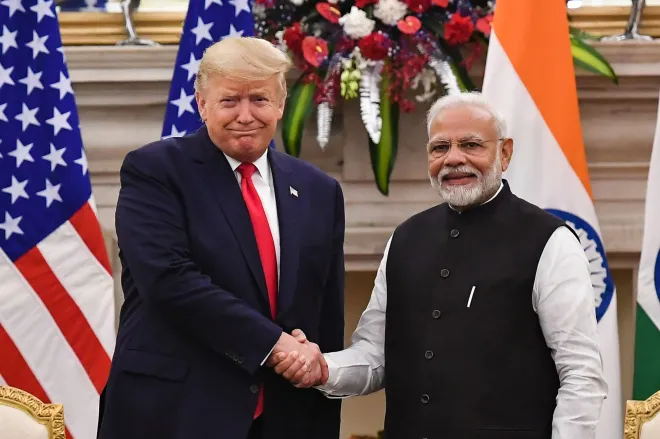
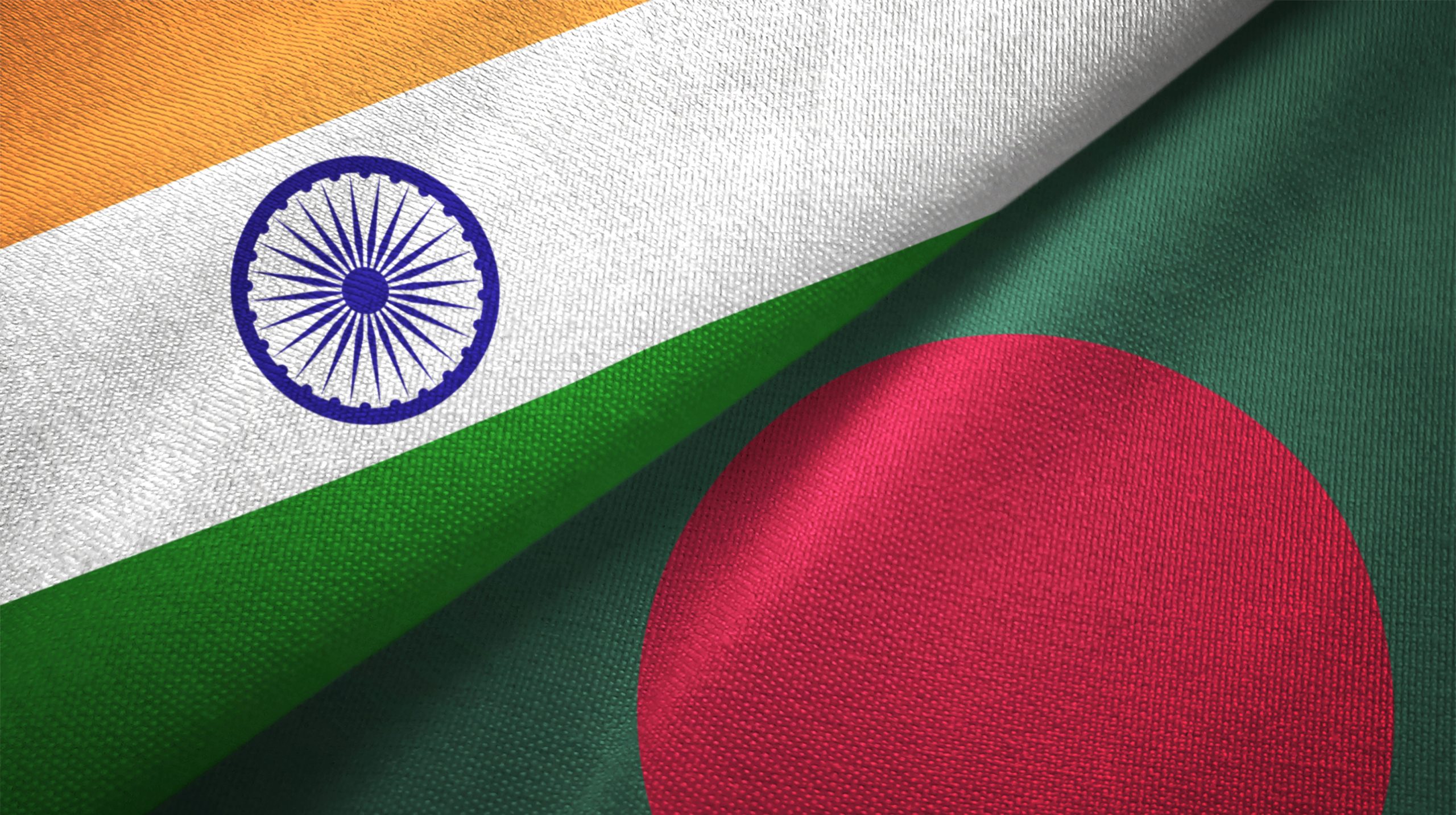
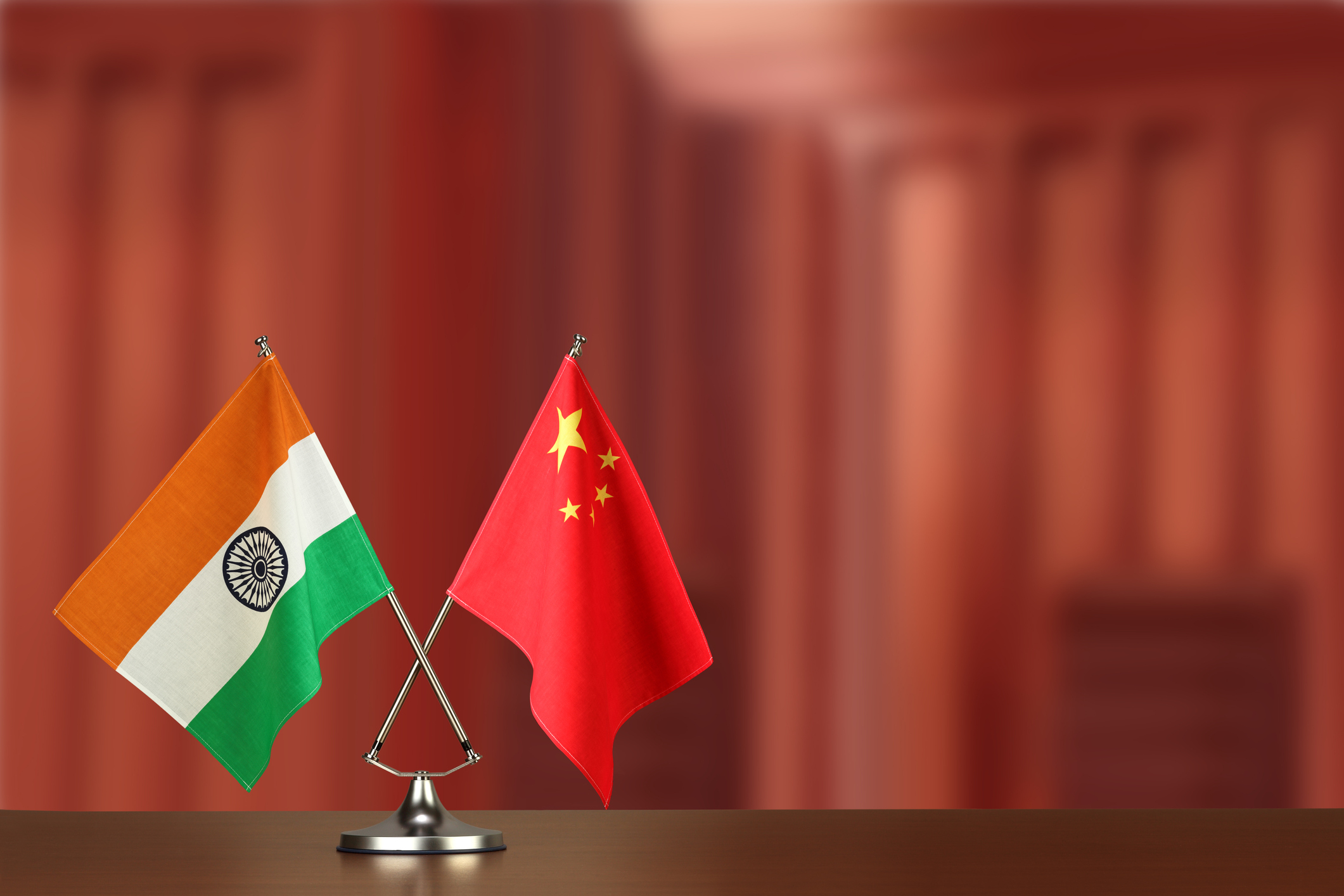







POST COMMENTS (8)
Hirdesh Sharma
Dr Mridul Rathore
ASHOK IYER
Aniket Thakur
Poonam Dave
Rabin Chatterjee
RAHUL PRAJAPATI
suman murmu